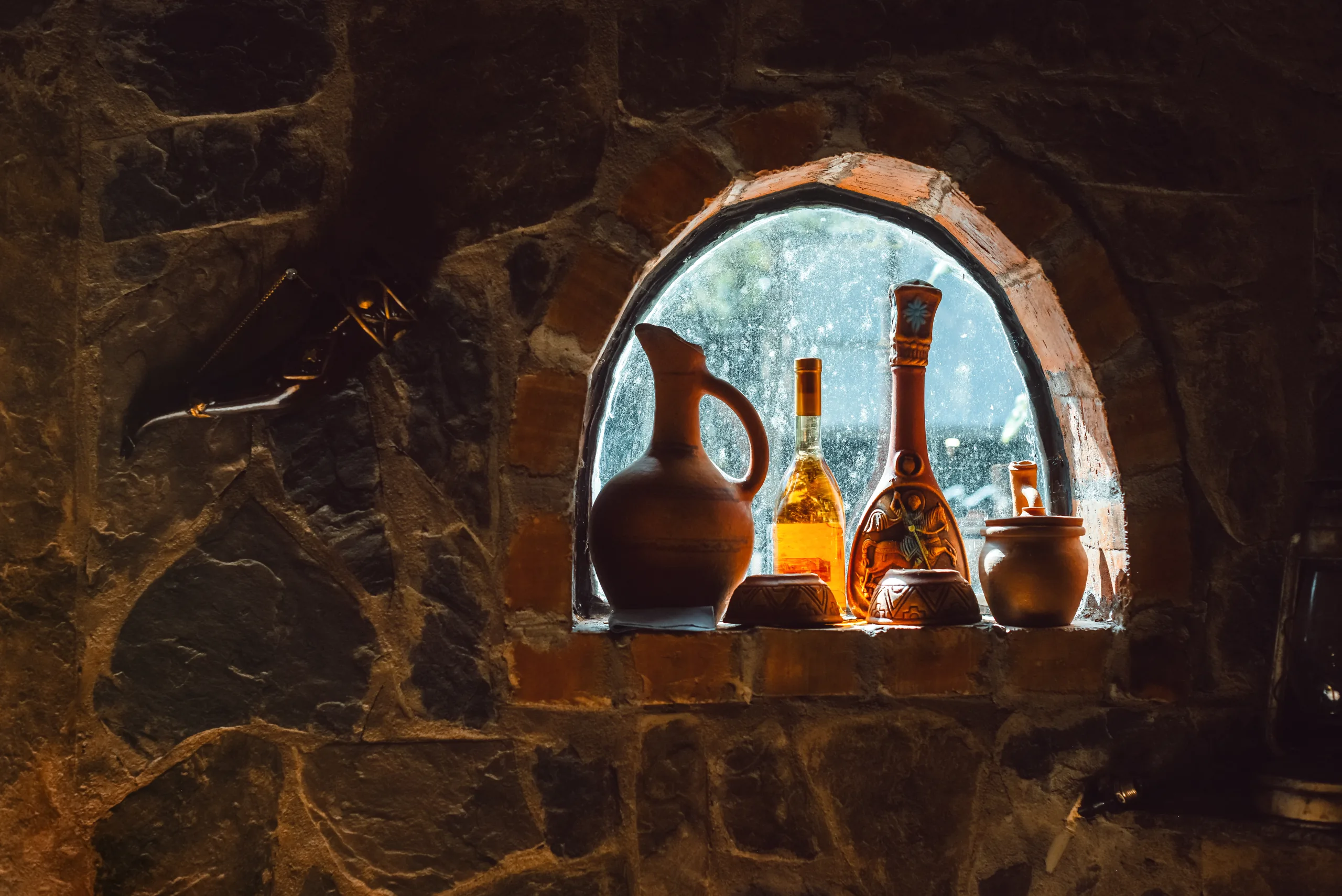The thick walls of stone houses offer a cool respite in summer and a sheltered warmth in winter. These ancient living spaces symbolize a lifestyle in harmony with nature—calm, patient, and sustainable. In rural areas, people live in tune with the rhythm of the seasons, carefully utilizing natural resources and shaping their production within this way of life.
The Art of Traditional Production
Homemade pickles, jams, or preserves are part of a culture that began in the kitchens of stone houses. These methods, passed down through generations, stand out for their authenticity and naturalness. Jars, as small treasures preserving these traditional products, grace dining tables with their charm.
The Value of Fermentation and the Role of Jars
The fermentation process enhances the durability of vegetables and fruits while preserving their natural qualities. A jar is not merely a storage container but an essential tool ensuring the process is safe and hygienic. Tightly sealed lids maintain the freshness and flavor of the contents for extended periods.
Preserving Traditional Values in Industrial Production
Today, while pickles and other fermented products are made in large factories, efforts are made to preserve the unique essence of rural life. Modern facilities combine traditional methods with technology, increasing production capacity while prioritizing the natural quality of the products.
The Significance of a Legacy from Stone Houses to Jars
The patience and harmony with nature found in rural life are preserved within the jars, passed down through generations. This legacy represents not only flavors but also culture, labor, and our connection to nature. Even in today’s modern world, upholding these traditions is a way of honoring our roots.


